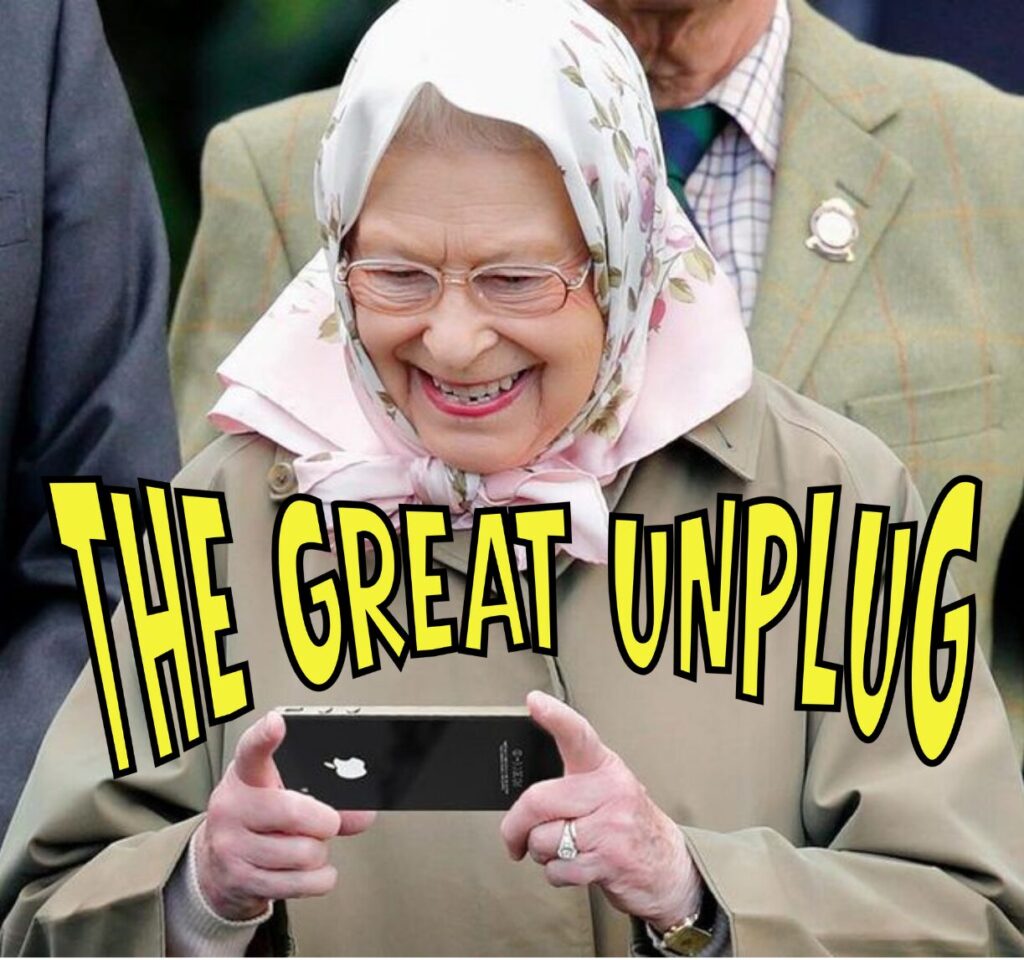The Great Unplug: Why Blind Listeners Are Masters of Digital Detox
In the past year, the phrase “digital detox” has crept into every conversation — from radio interviews to mindfulness podcasts.
We’re told to log off, look up, and listen again.
But for many blind and partially sighted people, this isn’t a new discovery — it’s how they’ve been living for years.
👁️The Nation’s Eyes Are Tired 👁️
According to Ofcom’s latest Online Nation report, adults in the UK now spend nearly five hours a day on screens — and more than half say they want to cut down.
Meanwhile, the British Journal of Ophthalmology notes a rise in digital eye strain and sleep disruption linked to heavy screen use.
It seems the sighted world is just beginning to feel what blind listeners already understand: that there’s a calmer, richer way to take in stories — without staring at a screen.
Listening Is a Skill, Not a Substitute
For years, audio has been treated as the “accessible alternative” to print. But in reality, it’s an art form of its own.
When you listen, you engage memory, imagination, and emotion differently.
BBC Radio’s own research into “active listening” found that auditory storytelling builds empathy and focus — the very qualities that social media tends to erode.
For blind and low-vision readers, listening isn’t an adaptation. It’s the foundation of culture, community and independent learning.
You could call it the original mindful media.
What the RealSAM BookClub Gets Right
That’s why the RealSAM BookClub feels so right for this moment.
It’s not just about reading differently — it’s about living differently.
BookClub brings together people who already understand the value of sound. They don’t need to unplug; they’re already tuned in. Members can join discussions by voice, browse books using speech, and share reflections without ever touching a touchscreen.
It’s not only inclusive — it’s what digital wellbeing looks like in practice.
☕ Reclaiming Focus, One Chapter at a Time ☕
If you’re feeling the noise of modern life creeping in, here are a few ways to make listening an intentional part of your routine:
- Swap a scroll for a story. Instead of opening social media in the morning, say “Play my BookClub title” or start your audiobook over breakfast.
- Pair sound with motion. Listening while walking, cooking or doing something tactile helps reinforce memory and keeps you grounded.
- Use it to connect. Share thoughts about a book with a friend or on the BookClub forum — conversation deepens comprehension.
As simple as it sounds, these small acts reclaim time and attention in a way screens can’t.
The Real Meaning of Accessibility
True accessibility isn’t about adding options — it’s about showing what’s already possible.
In that sense, blind listeners aren’t catching up to the digital age. The digital age is catching up to them.
The great unplug isn’t about switching off. It’s about listening on — with focus, purpose, and joy.
Join the conversation in our RealSAM BookClub Facebook Forum


